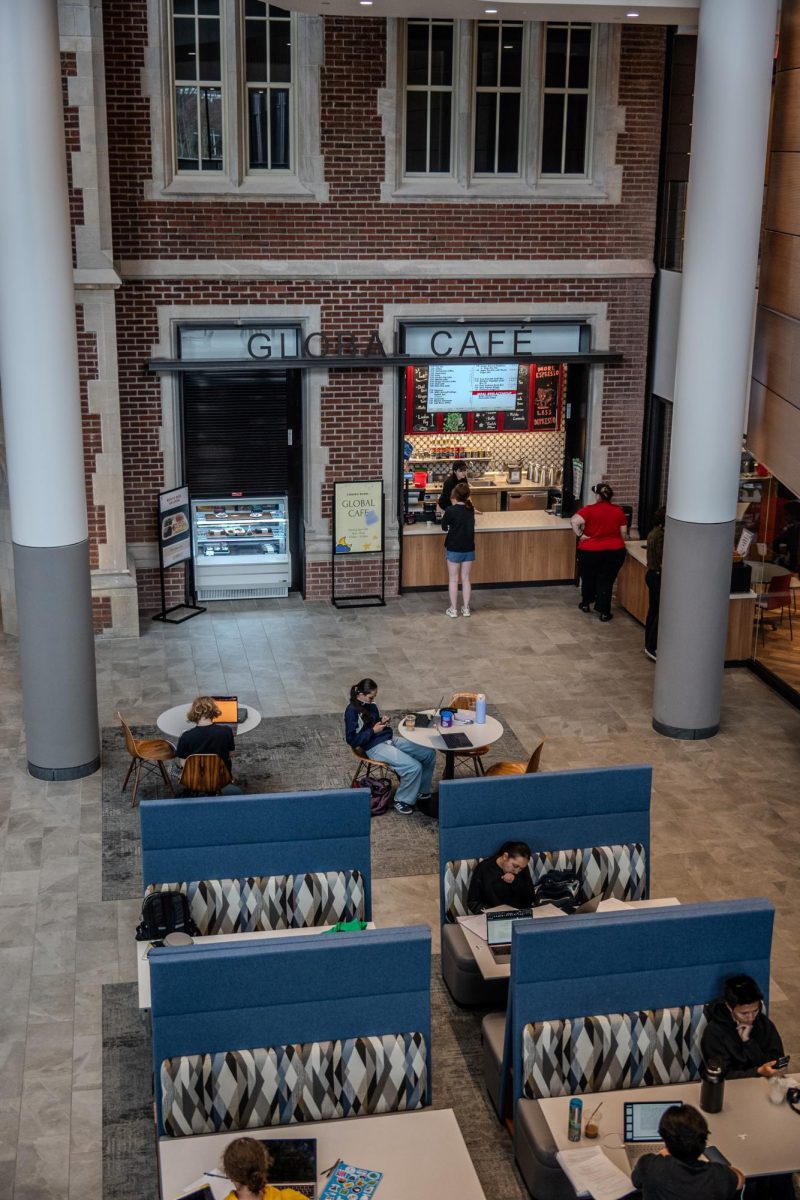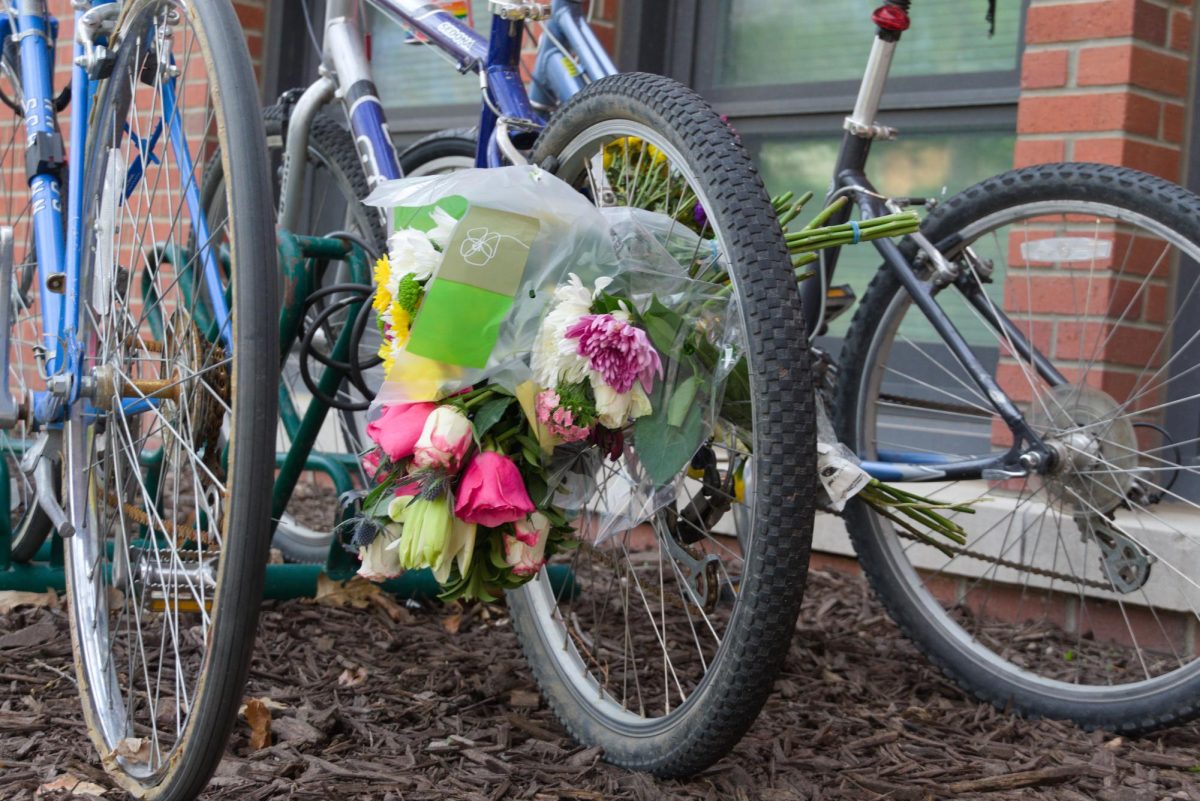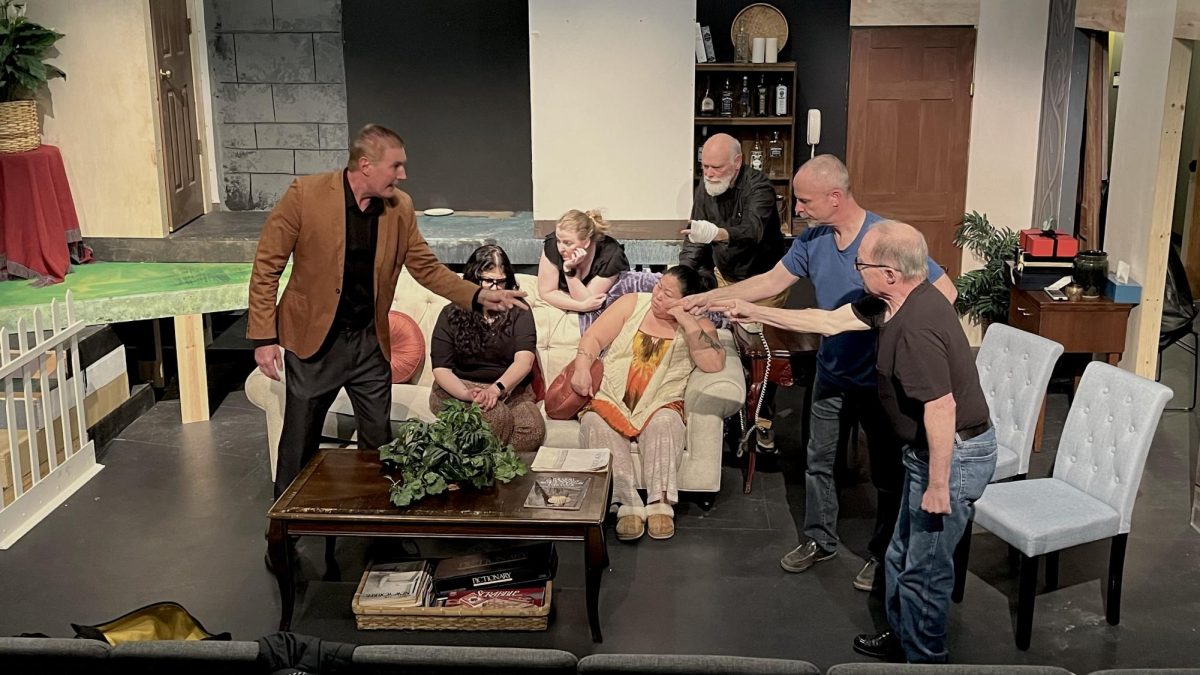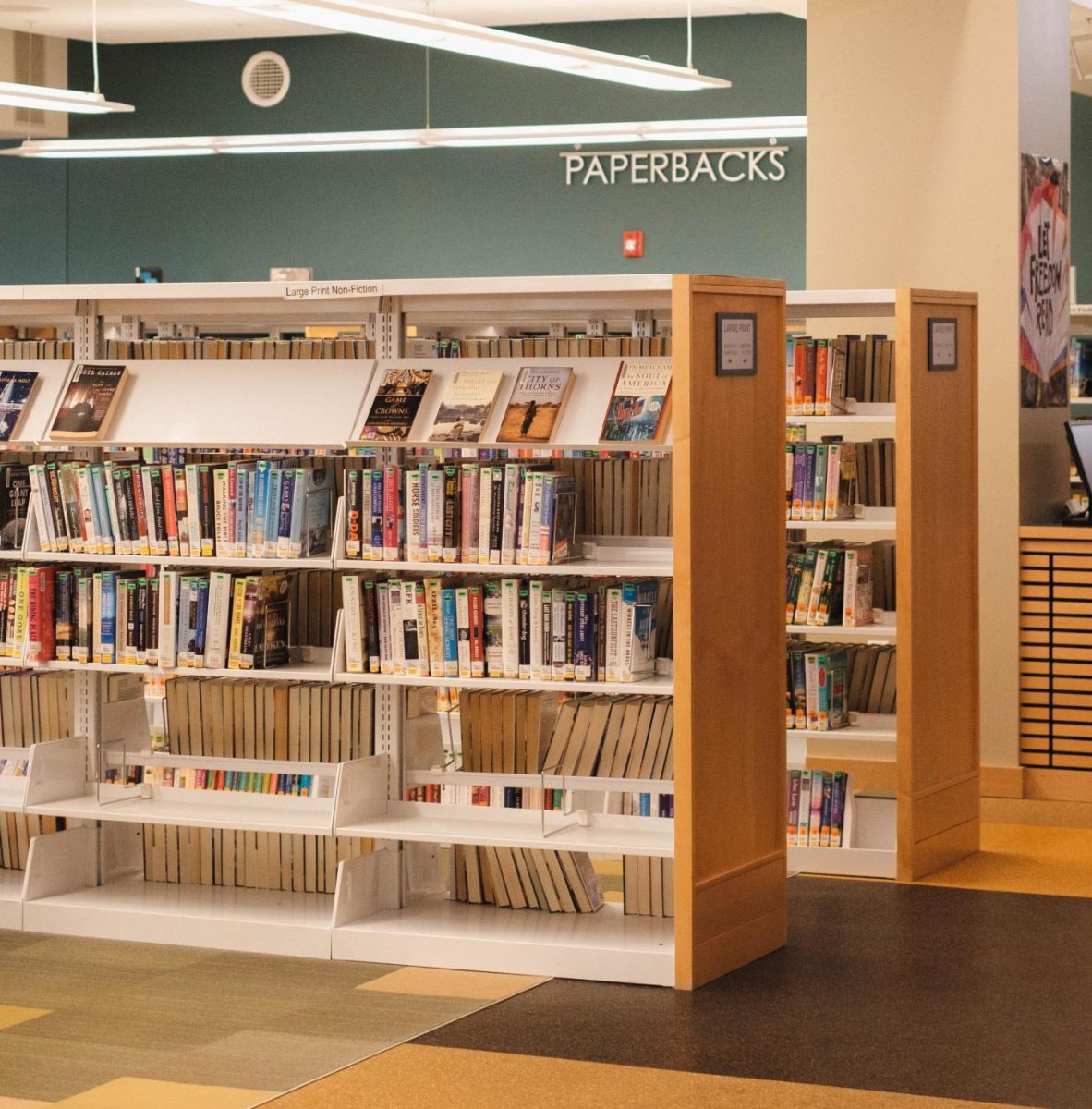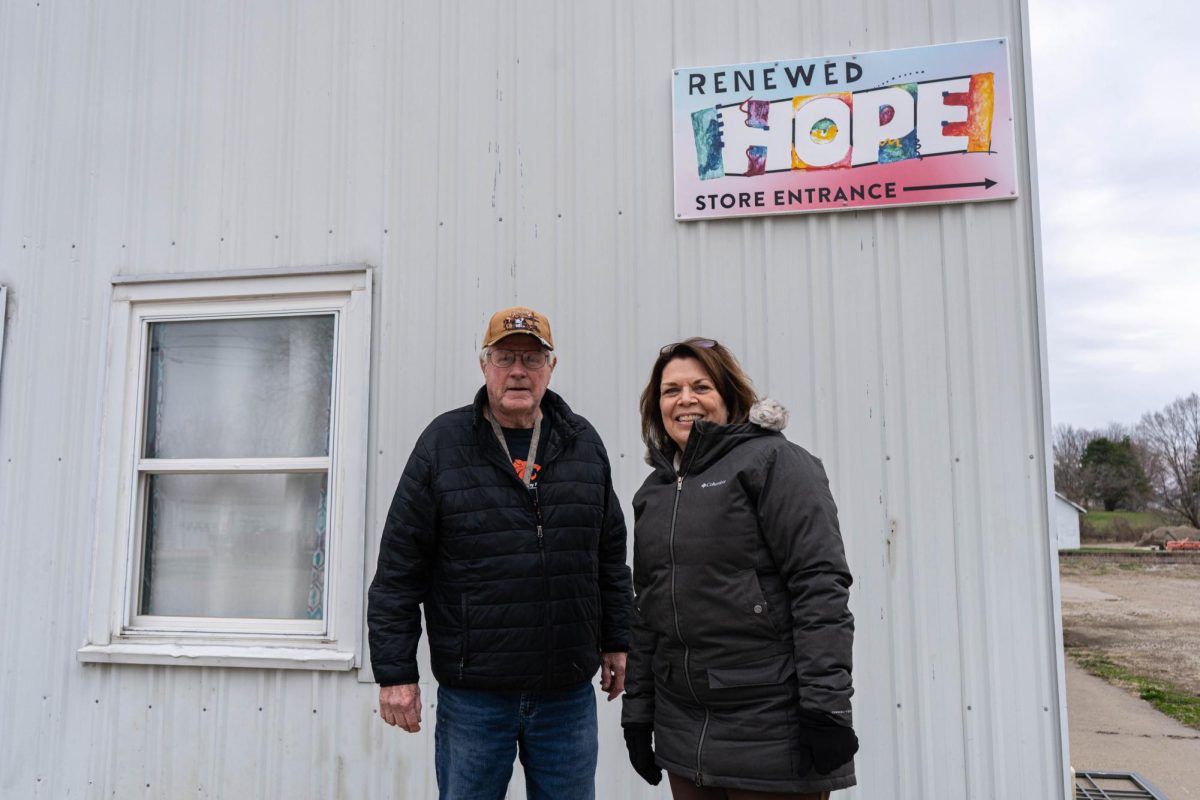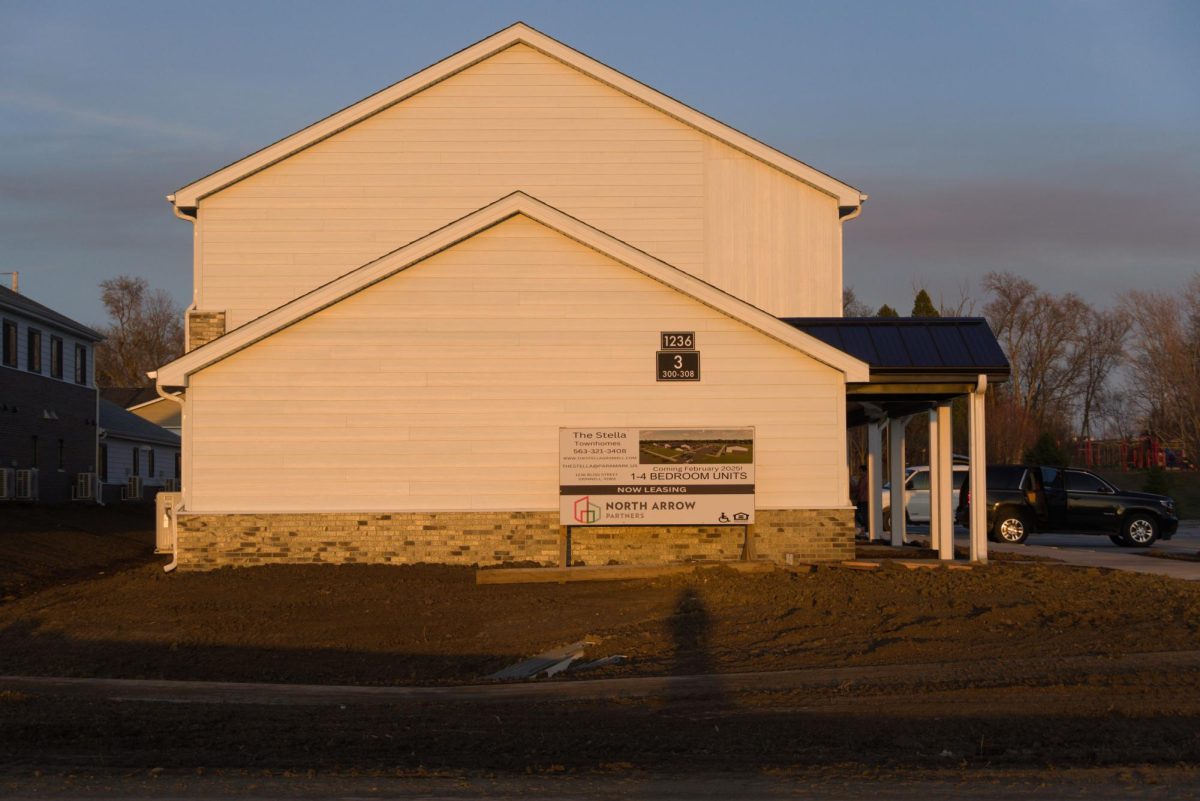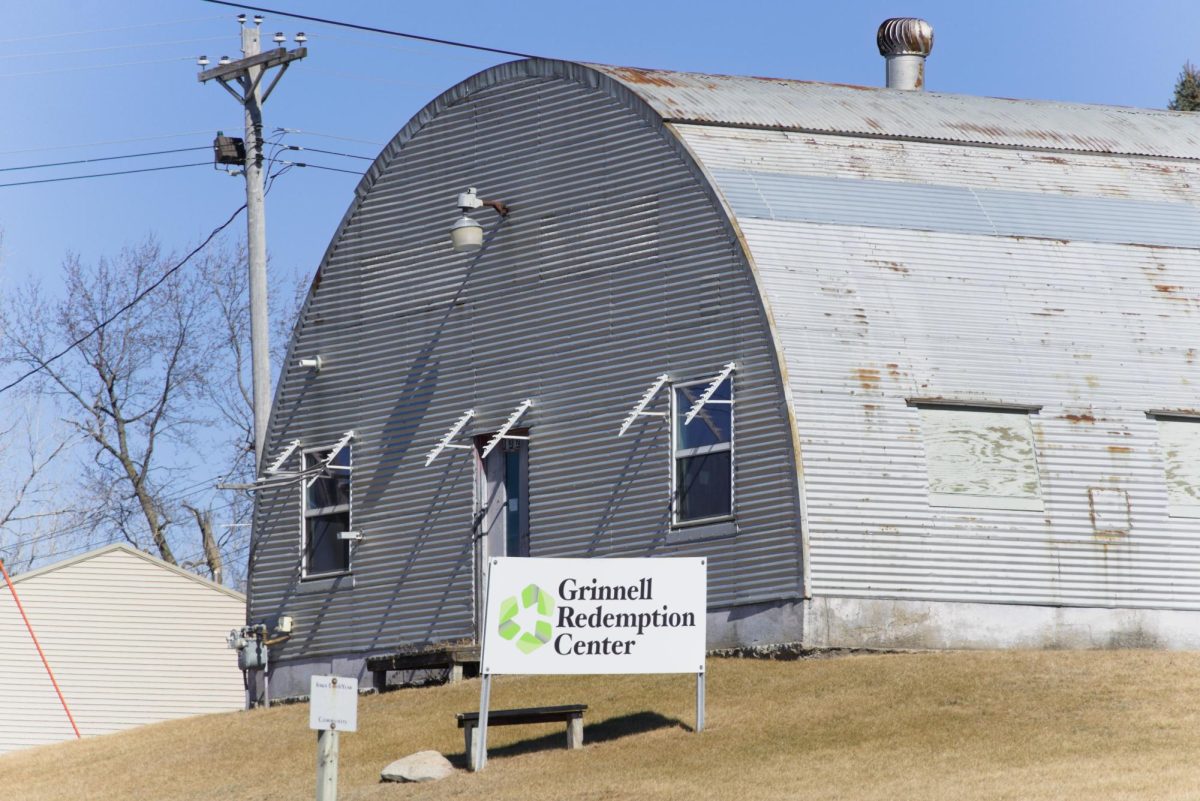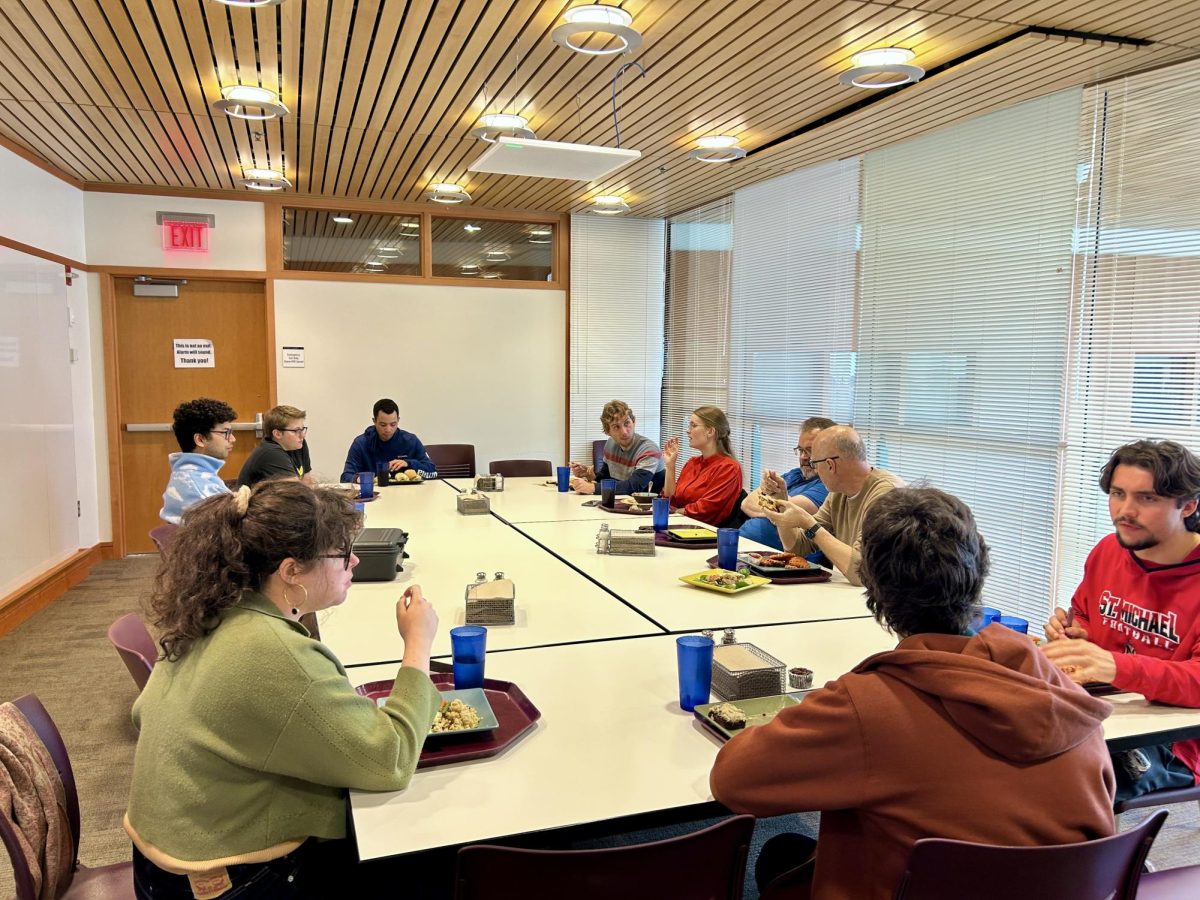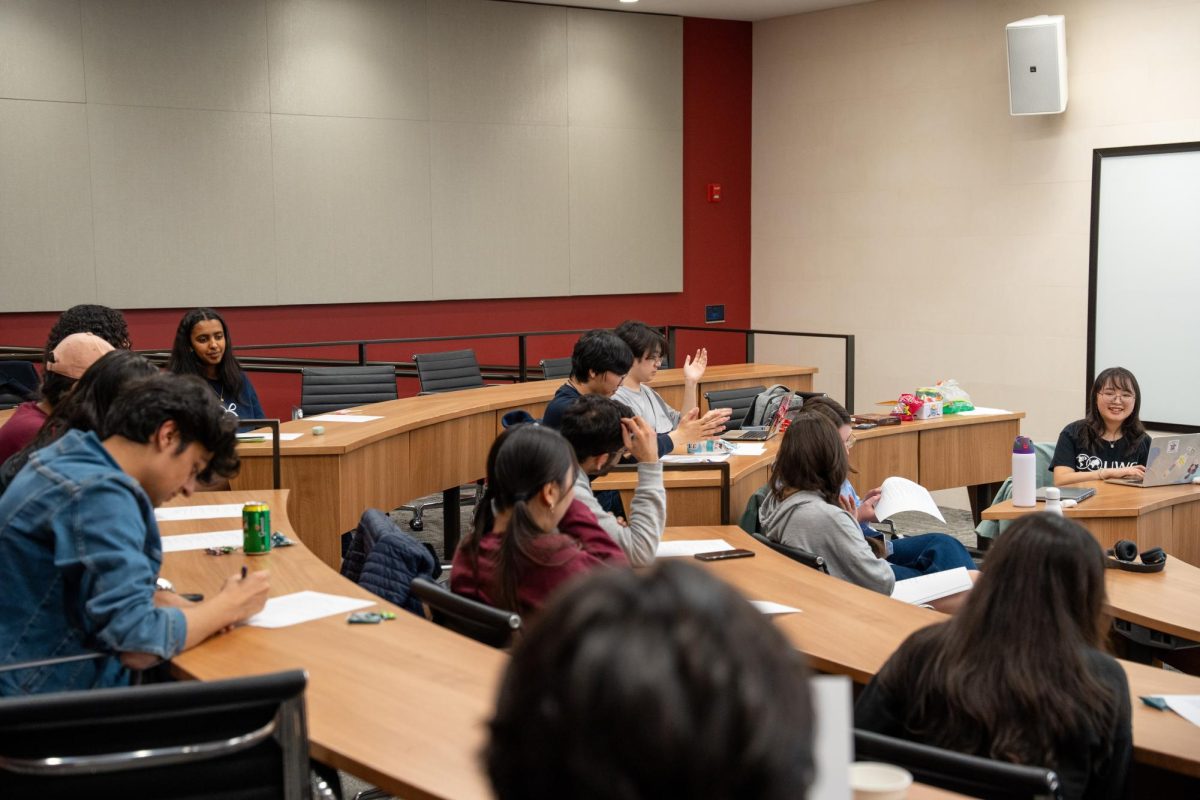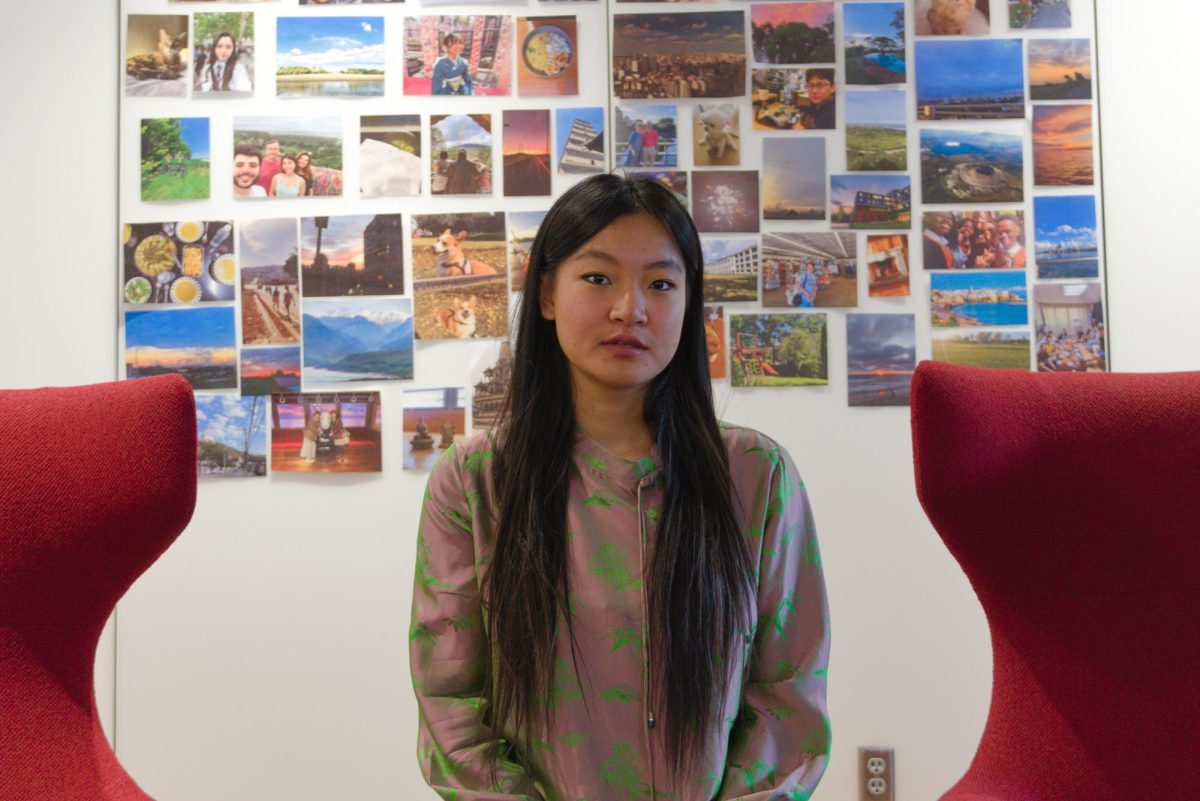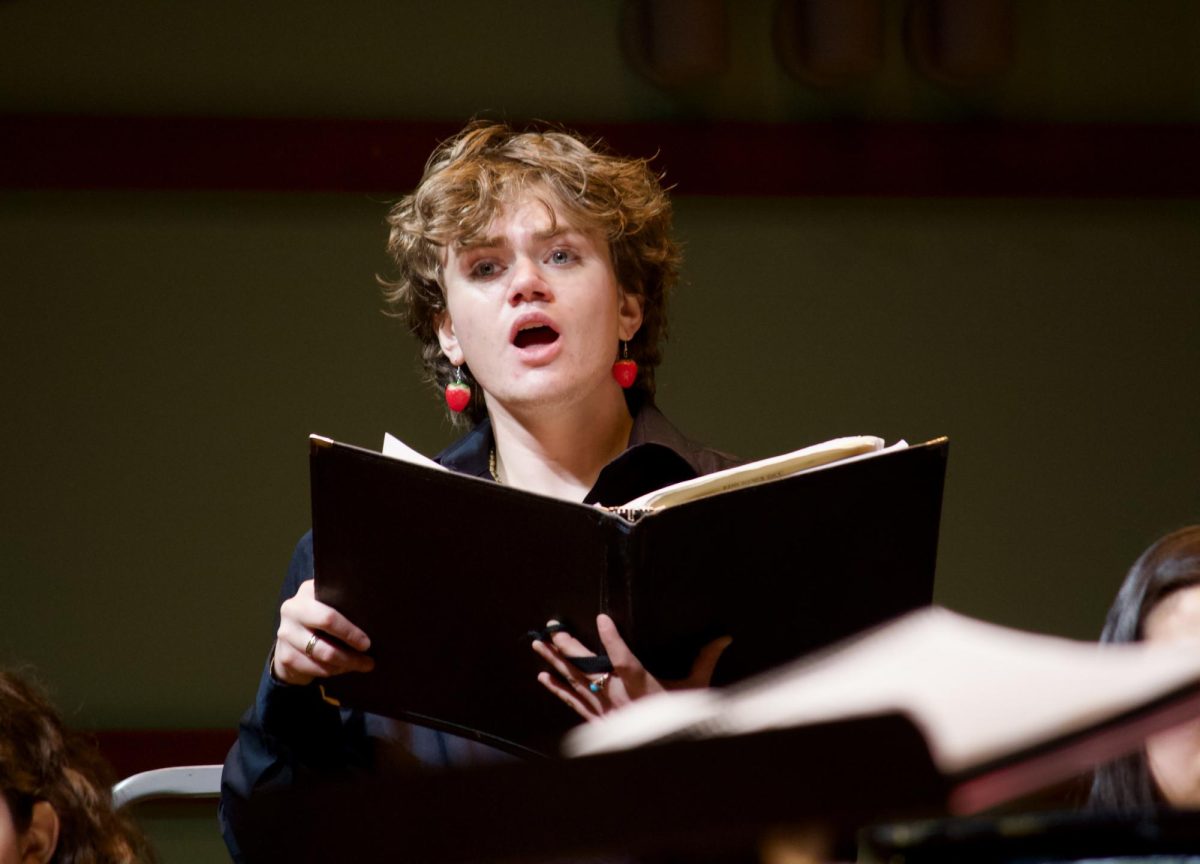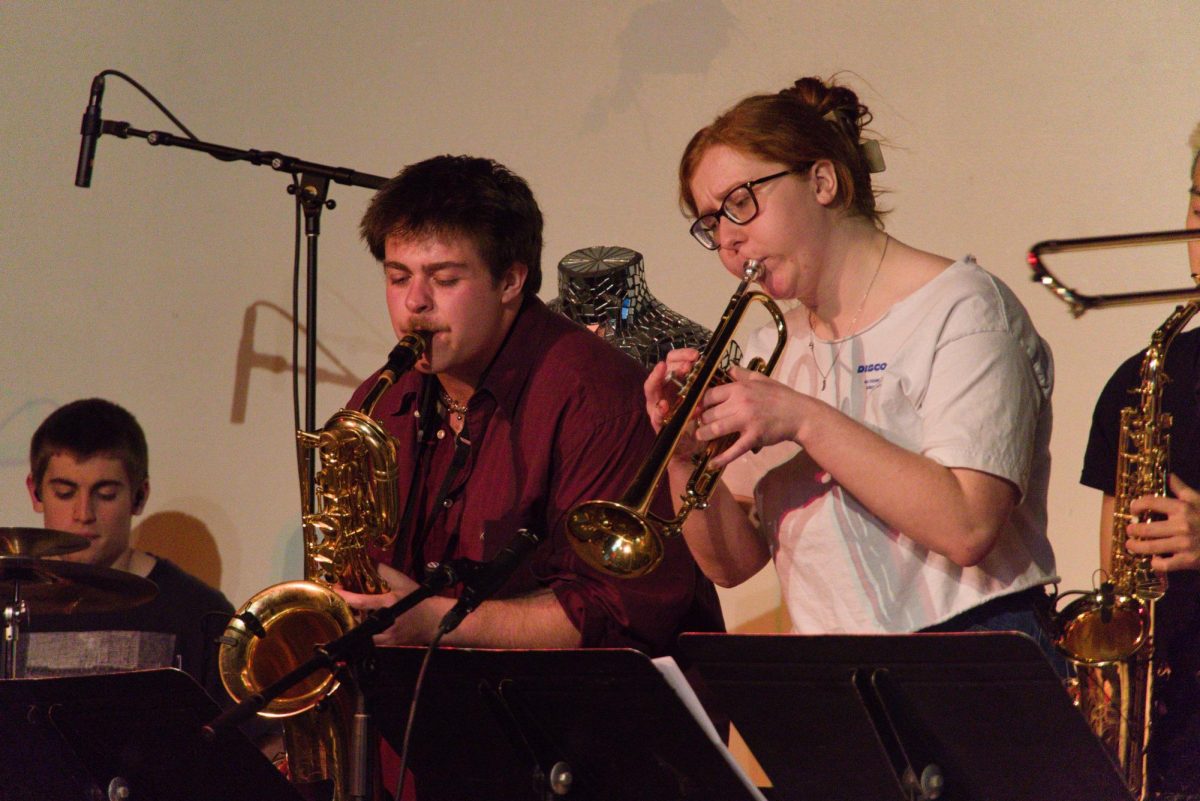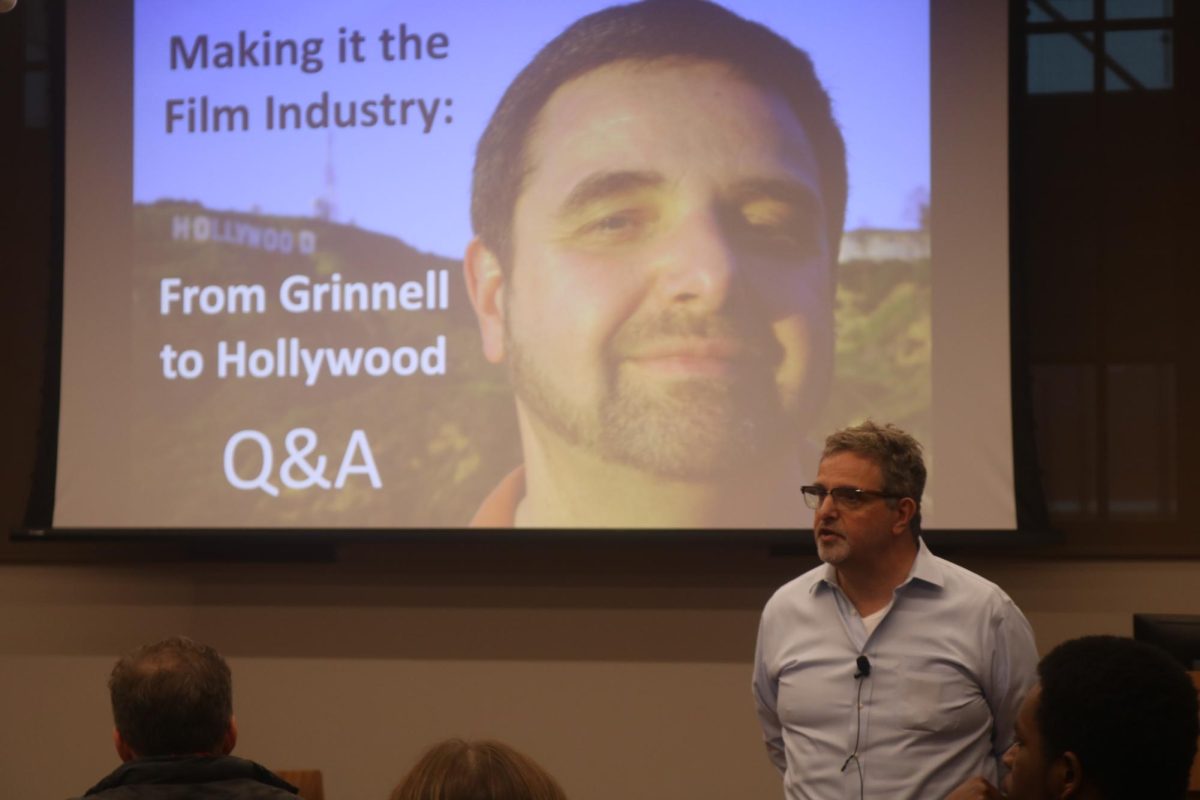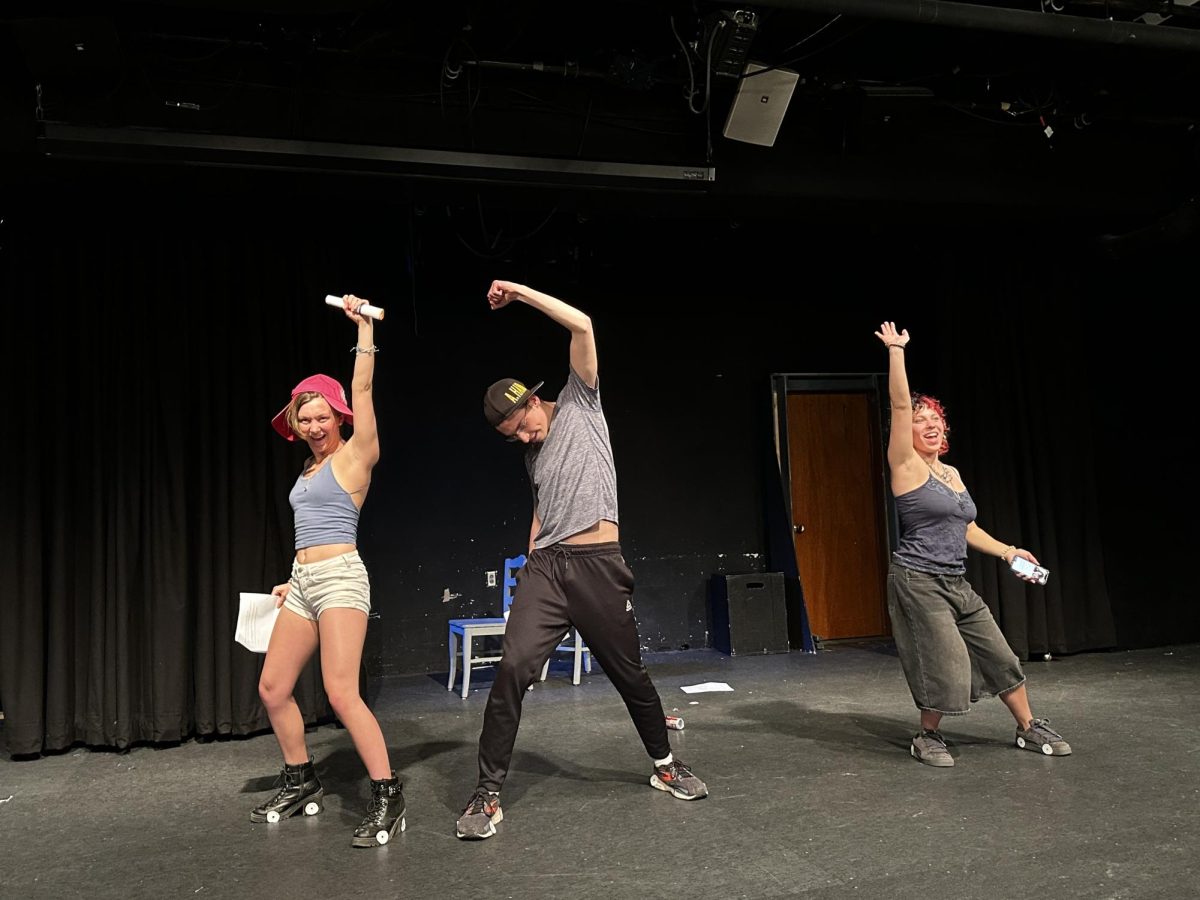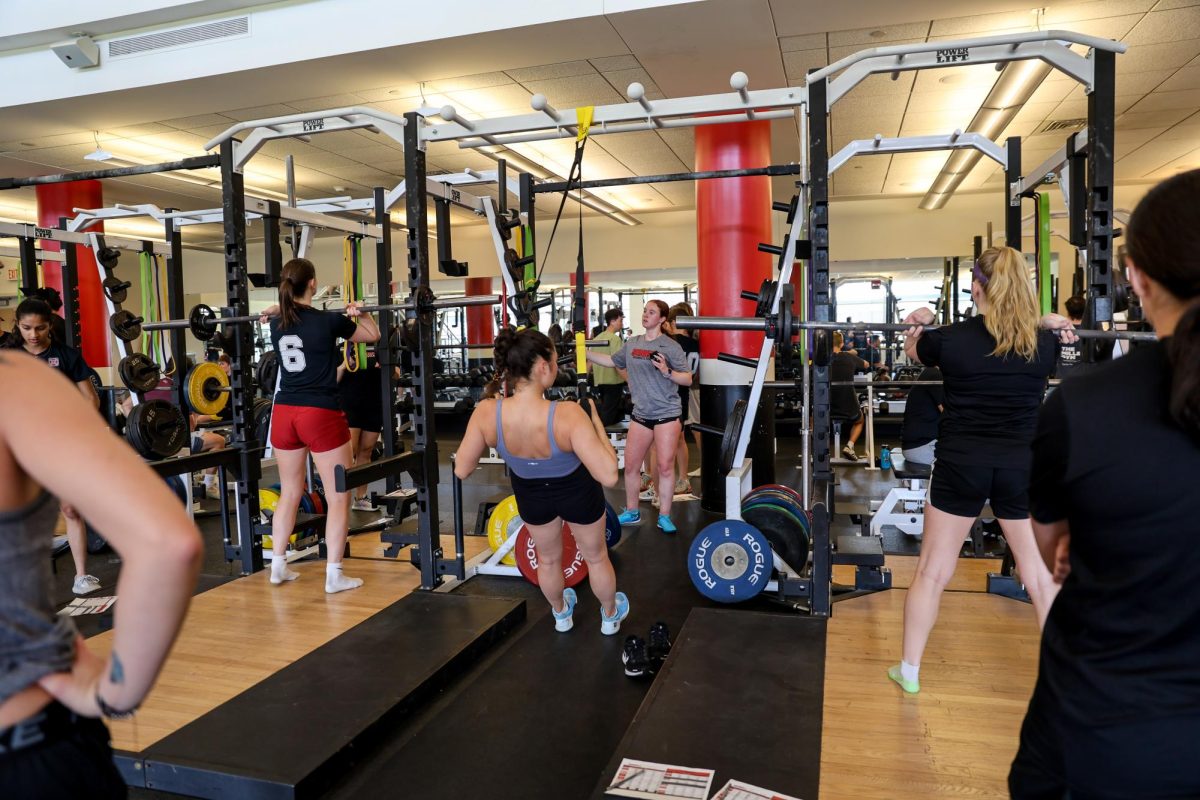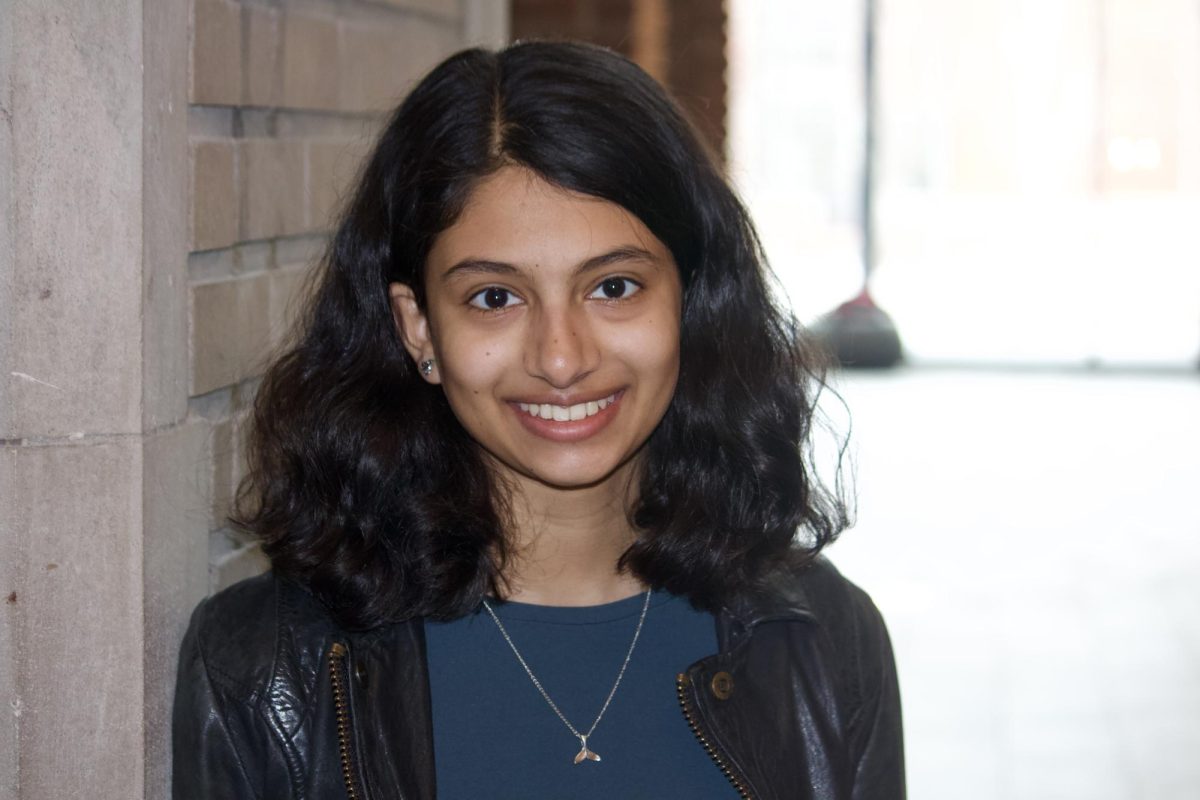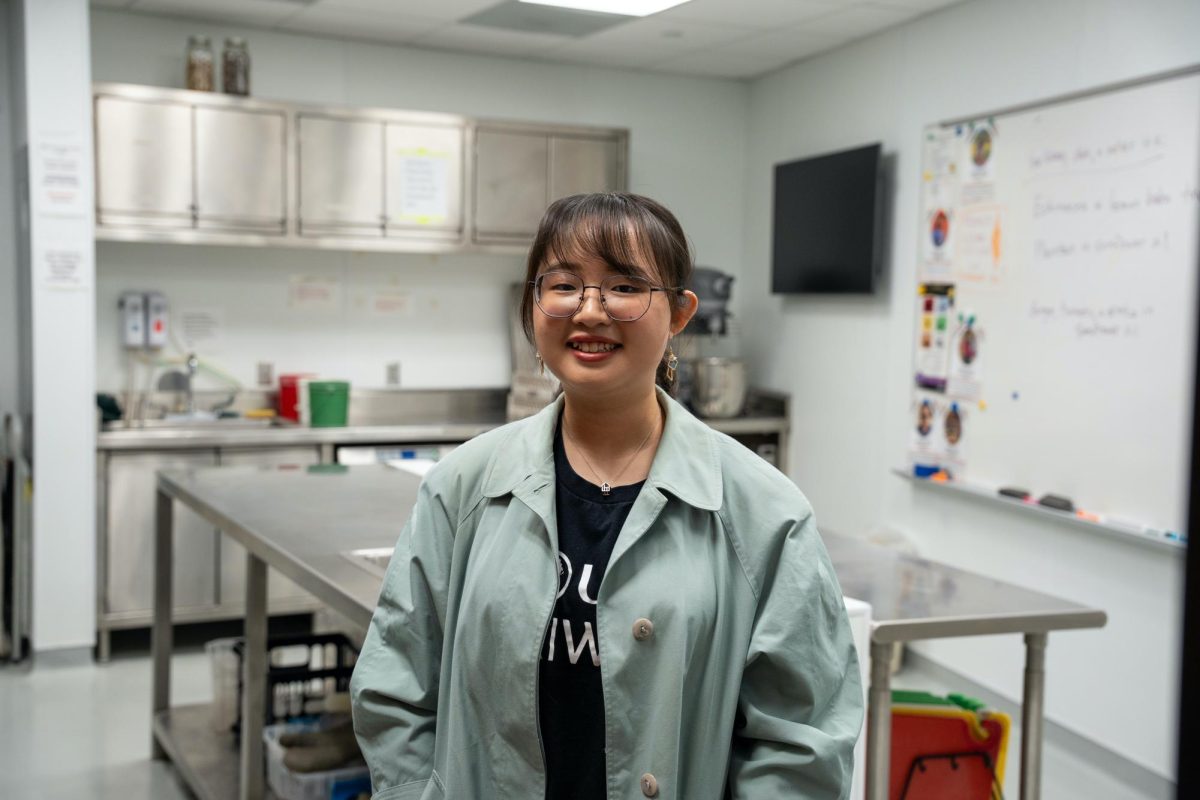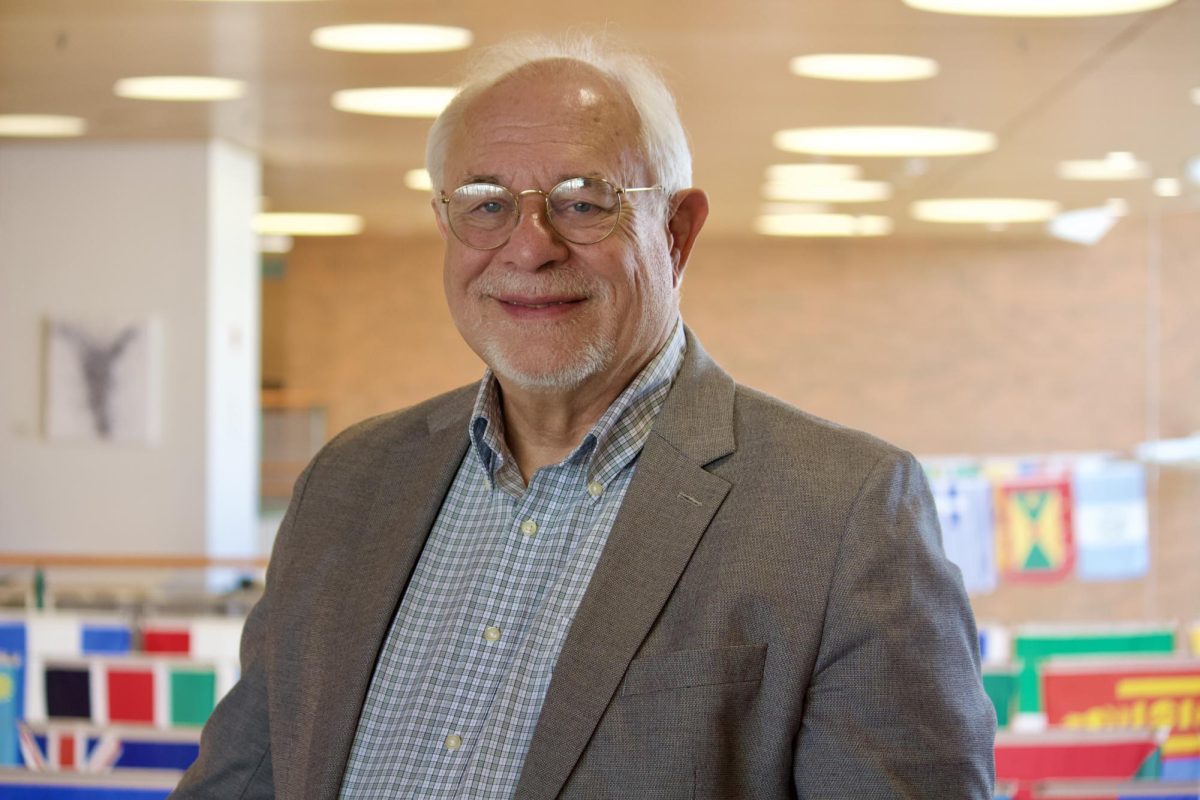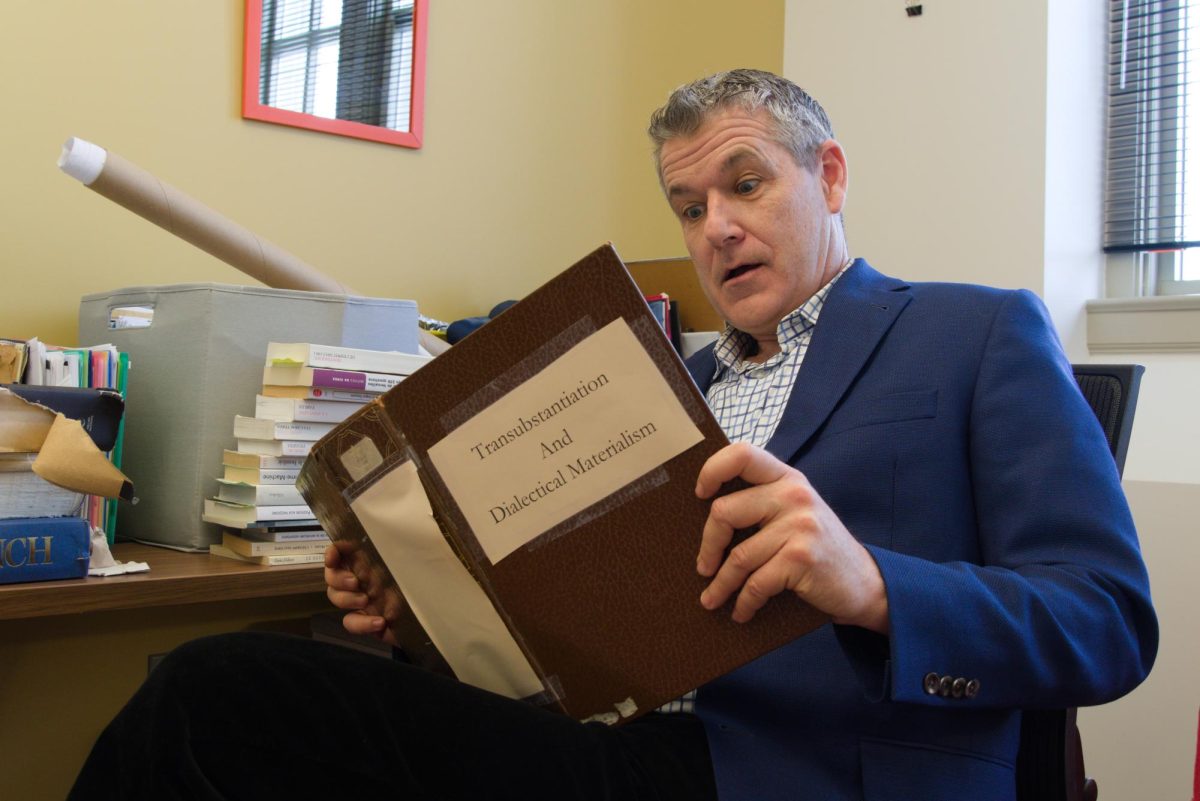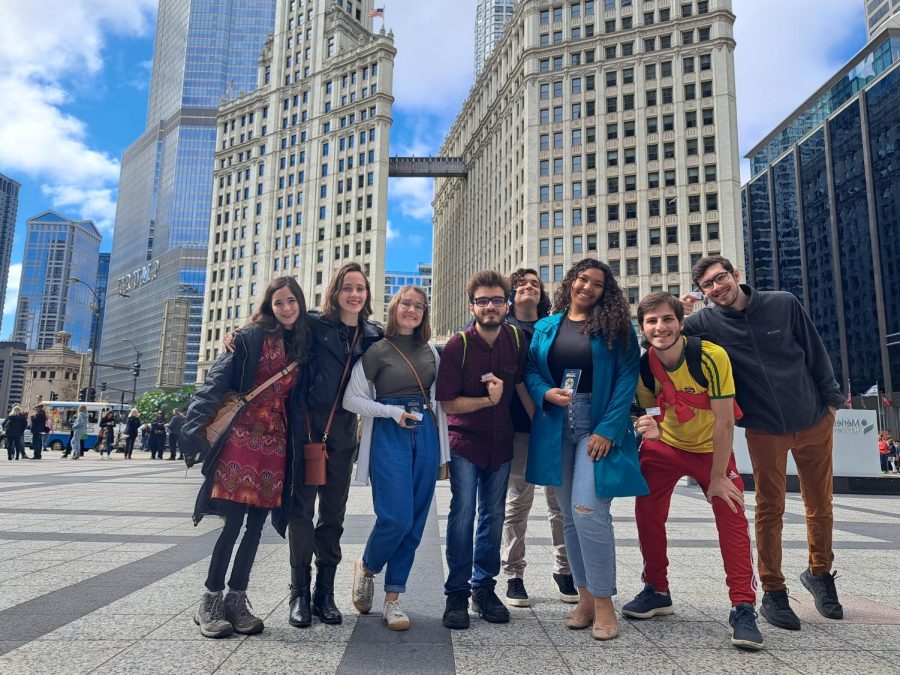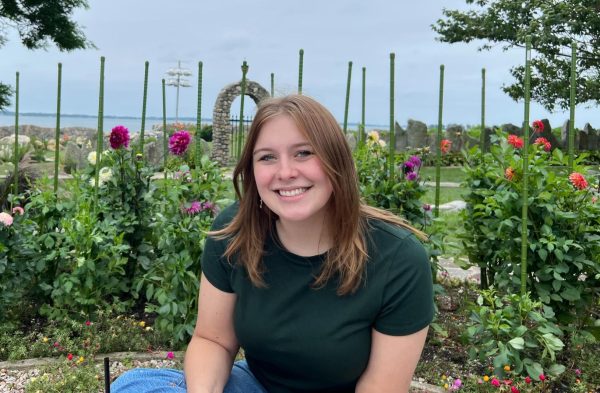Brazilian students cast their votes in contentious election
Contributed by Ana Beatriz Fernandes Costa
Brazilian students traveled to Chicago to vote in their national election. From left: Clara Zioli da Igreja `23, Lívia Stein Freitas, `25 Carolina Klauck Novaes `23, Patrick Sales Garcia `25, Luís Felipe Koehler Domingues `26, Ana Beatriz Fernandes Costa `25, Cristian Sales Garcia `22 and Diogo Tandeta Tartarotti `24.
October 31, 2022
On Brazil’s first election day, Sunday, Oct. 2, eight Brazilian Grinnell students traveled to Chicago to cast their votes in an election that has been labeled a “test for democracy.” Presidential candidates Luiz Inácio Lula da Silva, “Lula,” of the Workers’ Party, and incumbent Jair Bolsonaro, who is running under the Liberal Party and is regarded to be a far-right conservative, have been neck and neck in the electoral race.
In the Oct. 2 election, Bolsonaro received 43.2% of the vote and Lula received 48.4%. In Brazil, a candidate must secure more than 50% of the ballots to be declared a winner, so the current race for the president has yet to be settled. The run-off election took place on Sunday, Oct. 30.
While abroad in Germany in the 2022 spring semester, Brazilian student Carolina Klauk Novaes `23 sent an email to Emily Perry, assistant director of the Office of International Student Affairs (OISA), to inquire about the possibility of finding a way to get students from Brazil to a consulate where they could vote.
Karen Edwards, dean of International Student Affairs, wrote in an email to the S&B that OISA’s initial response was “super impressed that they were planning so far in advance!”
Klauk Novaes said that she, along with other Brazilian students and Perry, wrote a proposal to request funding for a trip to the Brazilian consulate in Chicago, and the Rosenfield Program offered to support the costs of transportation. So, nearly seven months after the request, Klauk Novaes and seven other Brazilian students cast their votes.
“Being able to go made me feel proud that I am able to participate. It makes me feel like part of it even though I am away,” said Klauk Novaes.
Though a bit nervous about the potential tension in the voting lines at the consulate, both Klauk Novaes and Ana Beatriz Fernandes Costa `24, another student who cast her vote, said that regardless of political opinion, everyone there seemed happy to participate.
Fernandes Costa and Klauk Novaes both laughed when they recalled that a particularly excited Brazilian woman in line behind them danced around with a towel adorned with Bolsonaro’s portrait.
Klauk Novaes joked that everyone in the car on the way back from the consulate continuously refreshed a polling data app, even with only 1% of the votes reported. After the Oct. 30 runoff vote, Klauk Novaes said, “I think in the car on the way back, that’s going to be a moment of truth, and it’s going to be very tense.”
With support from the Rosenfield Program and the Department of Alumni Relations, Chris Garman `92, now the managing director for the Americas at the Eurasia Group, led a Zoom meeting on Tuesday, Oct. 25 to offer an analysis of Brazil’s electoral contest. At the talk, Garman affirmed that the potential threat to democracy in the election is “a more vivid reality.”
Bolsonaro is known to many as the “Trump of the Tropics” for his ties to Trump strategists, abrasive anti-establishment rhetoric and proclivity for Brazil’s former military dictatorship. During his first run for president in 2018, Bolsonaro told NPR that Brazil’s 1964-1985 dictatorship was “a very good” period. Bolsonaro’s support base primarily consists of evangelical Christians, the Brazilian armed forces, large corporations and rural landowners.
Lula, who was president of Brazil from 2003-2010, temporarily left Brazil’s political arena after being convicted of corruption and sentenced to nine years in prison. In 2019, Brazil’s Supreme Court ruled the conviction unlawful and Lula was released from prison. He maintains that the corruption accusations were false and politically motivated.
Lula’s platform includes combating poverty, opposing deforestation of the Amazon rainforest and building on other social reform programs that he initiated in his presidential tenure.
During the start of the pandemic, Klauk Novaes said, “I was living in constant fear” due to President Bolsonaro’s anti-vaccine stance. “I think we as a group of Brazilians on campus are against him. We don’t want him to come back. But people do have, rightfully, some problems with the other candidate,” she said.
When she returned home to southern Brazil in the summer, Klauk Novaes said she was especially astonished by the high prices of food. Even from an upper middle-class background, she said, her family is concerned about the rate of inflation.
“That’s what shocked me the most when I went home, and that’s what I think about when I’m voting,” said Klauk Novaes.
Fernandes Costa is from the northeastern part of Brazil, as is Lula. She said that although her family is divided (she noted that her mom’s side of the family has a group chat where they frequently discuss politics), she is most hopeful about Lula’s plans for social reform.
However, both Fernandes Costa and Klauk Novaes said they will anxiously await the results of the run-off vote. “I imagine that either way it goes there’s going to be a lot of sentiment of unfairness,” said Fernandes Costa.
Because Grinnell College enrolls international students from 59 countries, Edwards said OISA would consider other requests for students who wish to find ways to vote while in the United States.
“Since we were able to help in this specific situation, we felt that it was the right thing to do,” said Edwards.
